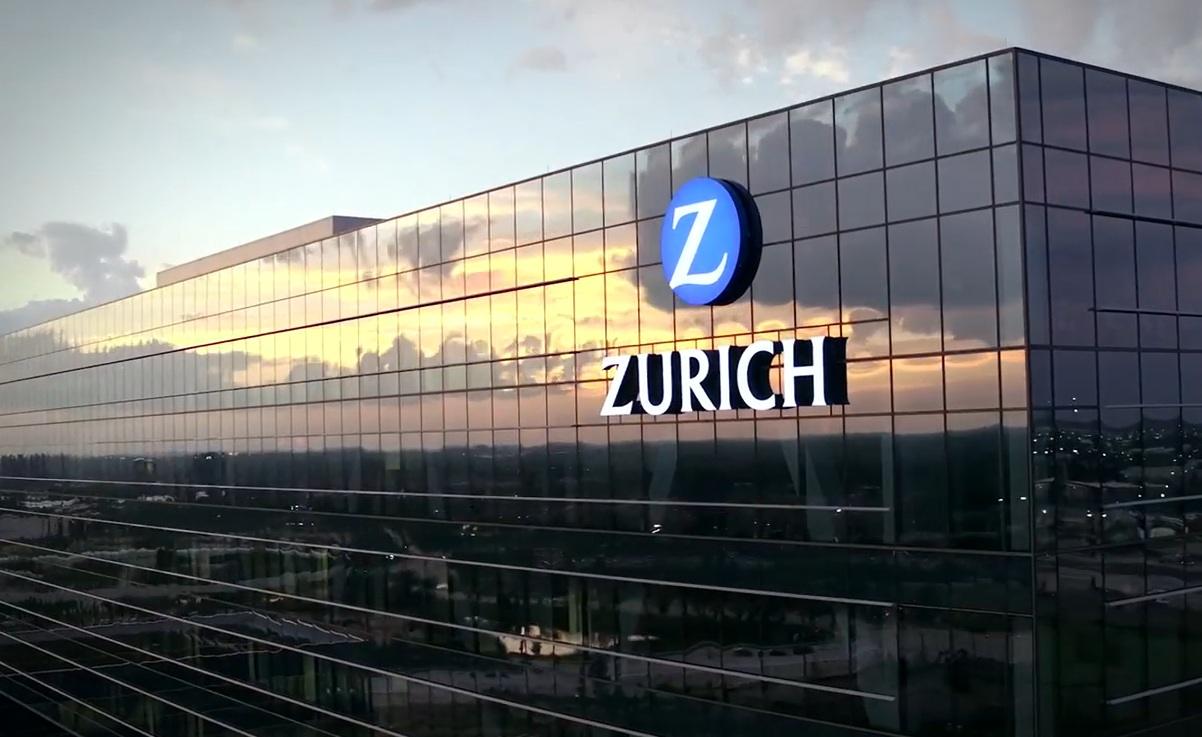Zurich Decides to Drop Pursuit of SBTi Validation of Net Zero Goals
Zurich Insurance Group has decided that it will no longer Science Based Targets initiative (SBTi) validation for its climate targets under the SBTi’s finance-specific standard. Despite dropping its pursuit of SBTi validation, however, the company said that it has not changed its net zero goals.
While Zurich did not specify reasons for its decision, the announcement follows the recent launch of a campaign by anti-ESG politicians in the U.S. warning the SBTi and its financial sector participants about potential violations of antitrust, consumer protection and other laws from participation in the net zero group, after the SBTi’s release of its Financial Institutions Net-Zero (FINZ) Standard .
Zurich announced its initial net zero goal in 2019, with commitments to become a net zero business by 2050 across its insurance business, investments and operations. The company launched its first Climate Transition Plan in 2024, outlining its plan to carry out its 2050 commitment. Notably, one of the company’s climate-related supply chain goals is to have 75% of its managed procurement spend by 2025 with suppliers that have science-based emissions reduction targets approved by the SBTi or a similar body.
In a statement provided to ESG Today, the company said:
“Zurich confirms that it has decided not to pursue target validation under the current SBTi FINZ standard. Our net-zero ambitions remain unchanged, and we are fully committed to our Climate Transition Plan.”
The SBTi released its Financial Institutions Net-Zero (FINZ) Standard in July 2025, aimed at enabling financial firms to set net zero-aligned targets for their lending, investing, insurance and capital markets activities. Among the key requirements set out for financial institutions to achieve goals aligned with the new standard is the publication of a “fossil fuel transparency policy,” requiring financial institutions to publish policies to immediately end project finance explicitly linked to fossil fuel expansion activities and general purpose finance of companies involved in coal expansion, end general purpose finance to oil and gas companies involved in expansion by 2030, and to transition portfolio energy activities to net zero by 2050.
In August, 23 U.S. State Attorneys General published a letter citing “grave concerns about these types of arrangements and commitments,” and warning that the SBTi, and financial institutions that commit to the SBTi standards “risk violating federal and state antitrust laws as well as state consumer protection laws” by implicitly colluding “to cut off funding and insurance to the oil and gas industry.”
Zurich’s announcement follows a similar decision by Swiss Re in September.





